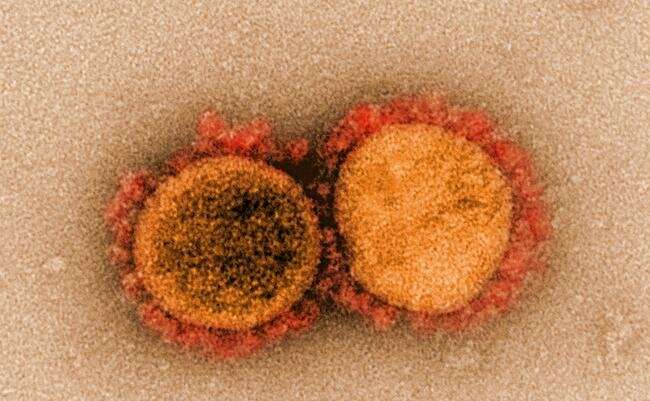
Unvaccinated people threaten the safety of the vaccinated even when SARS-CoV-2 vaccination rates are high, according to a new modeling study published in CMAJ (Canadian Medical Association Journal).
“Many opponents of vaccine mandates have framed vaccine adoption as a matter of individual choice,” writes Dr. David Fisman, Dalla Lana School of Public Health, University of Toronto, with coauthors. “However, we found that the choices made by people who forgo vaccination contribute disproportionately to risk among those who do get vaccinated.”
Researchers used a simple model to explore the effect of mixing between unvaccinated and vaccinated people to understand the dynamics of an infectious disease like SARS-CoV-2. They simulated mixing of like-with-like populations in which people have exclusive contact with others of the same vaccination status as well as random mixing between different groups. When unvaccinated mixed with unvaccinated, the risk to vaccinated people was lower. When vaccinated and unvaccinated people mixed, a substantial number of new infections would occur in vaccinated people, even in scenarios where vaccination rates were high.
The authors’ findings remained stable even when they modeled lower levels of vaccine effectiveness for prevention of infection, such as in those who have not received a booster dose or with new SARS-CoV-2 variants. These findings may be relevant to future waves of SARS-CoV-2 or to the behavior of new variants.
Source: Read Full Article
